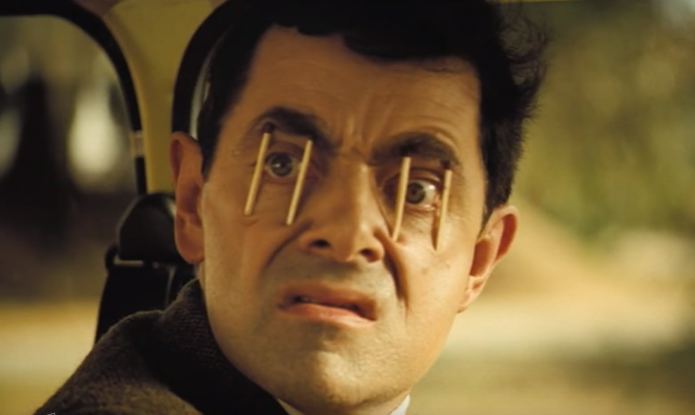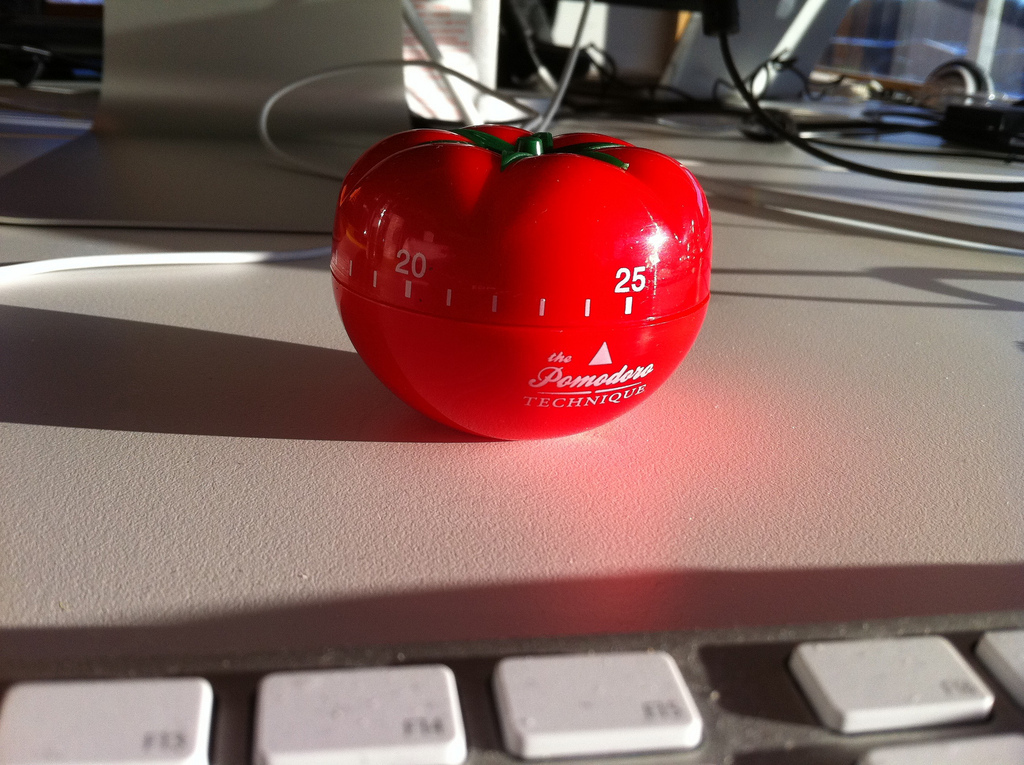Experts recommend a minimum of 6 and a maximum of 8 hours of sleep every night. Even though the 8-hour sleep cycle has been debated to be oversleeping in some quarters, 6 hours is the globally accepted standard.
There are medical conditions that can cause a person to lose sleep involuntarily; diabetes, kidney diseases, heart failure, sleep apnea among others. But the rate of voluntary sleep deprivation among millennials is at an alarming high.
According to medical research by Awake! in 2012, an estimated 6 billion hours of sleep debt is owed every night around the world;
Medical researchers estimate that earth’s population is now getting, on average, an hour less sleep per night than what is needed. While this may seem slight, a nightly six-billion-hour debt has become the focus of research into both the variety of sleep-related illnesses and their impact on the quality of life
Thankfully, sleep debt can be repaid. But should it even be owed at all?
Speaking to USAToday, Dr. Safwan Badr, a pulmonologist and sleep specialist says it is a high interest loan that should not be taken in the first place;
When you miss out on sleep, you take out a loan from the sleep bank. You can never completely repay the debt — and decreased health is the interest on your loan.
So even a “marathon binge sleep” may not fully repay the debt accrued from voluntary sleep deprivation.
Voluntary sleep deprivation as a recipe for greatness is somehow tied to a guilty feeling of not doing enough. On the other hand, it can also be associated with gross time mismanagement. This is worrisome because the same demography [millennials] that do not sleep are those that need it the most. With our tech related jobs that entails staring unblinkingly at a computer screen most hours of the day, we need sleep more than ever.
Considering the many health and mental risks associated with sleep deprivation, why do people still shirk sleep?
“Great people do not sleep”
On a particular Facebook group, creatives are bragging about how little they sleep every night. One young man makes the mistake of going against popular opinion and stating how he thinks a proper sleep does not impede work and productivity in any way. He was hounded, ridiculed and literally bullied down.
As earlier mentioned, there’s the erroneous assumption that successful people do not sleep therefore, intentionally denying oneself of sleep looks like a trait worthy of emulation.
This internet user wanted to know if Jimmy Wales co-founder of Wikipedia and Wikia slept, so he asked on Quora His question seems valid. Considering the enormity of Wikipedia and Wikia, it is right to imagine the co-founder does not sleep. Jimmy Wales also sits on several boards. So yeah, does Jimmy Wales sleep?
Answers to this question were aplenty, but Jimmy himself put paid to the issue;
I sleep 8 hours just about every night. When I can, I sleep more. I believe in sleep. I think a big mistake that young people make when they are eager to be successful is sleep deprivation. Makes you stupid.
Elon Musk is one of the greatest entrepreneurs and business magnates of our time. With SpaceX, Tesla, SolarCity and tens of other commitments, it is hard not to wonder if he catches any shuteye at all during a 24-hour day.
Believe it or not, Elon says he sleeps almost 6 hours exactly every night. Then there is a list of 14 successful people who place a lot of importance on a good night’s sleep.
If most successful people we know sleep very well, we can agree that sleep deprivation is not a prerequisite for success.
After an active day, a quality night sleep refreshes and boosts energy for optimal performance in a new day.
Health implications of staying awake
Dr. Charles is the director at a medical facility in Abuja, Nigeria. According to him, some of the ailments that Nigerians and Africans suffer can be directly and indirectly linked to the lack of quality sleep.
It is not set in stone and you might not even see it written anywhere, but my research and studies have led me to believe that some of the illnesses in Africa have something to do with sleep [a lack thereof].
Speaking further, Dr. Charles is of the opinion that if this is made public knowledge, the profit margin of pharmaceutical companies will drastically reduce; people will stop buying drugs.
Dr. Nelson Ibuola of the Jos University Teaching Hospital does not completely agree.
I don’t quite agree. Our ailment like most other developing countries are mostly infectious, and when we rule out infectious causes, the leader of non-infectious ailments are genetically modulated ones. However, when narrowed down to mental health, then yes, lack of good sleep is chief
However, they both agree that the “great people do not sleep” narrative is greatly flawed. According to Dr. Nelson, the inverse is mostly the case. And from the aforementioned first person examples of CEOs, we can agree with him. Sleep deprivation can lead to high blood pressure, heart diseases, stroke and even obesity.
How then do I get enough sleep and still be great?
With people who associate lack of sleep to success, time seems to be an underlying factor; they feel like there is never enough of it. Here are a few time maximization tips to run to bed with.
Realistic Tasking
The knowledge that you cannot do everything at once will help in setting realistic and achievable tasks. When delegating tasks for a day, leave some for tomorrow. In setting goals, make sure they are specific, concise and time focused.
Time management 101
As long as there’s time to scroll down a Facebook feed and eat, a 24-hour day is enough to complete all the tasks assigned to that particular day.
Having enough time to rest solely depends on how well a day is managed. After setting realistic tasks, making the best out of one day requires taking care of these tasks in good time before they are due and most importantly knowing what is necessary. These 8 time management tips can help you on a daily basis.
The Pomodoro Technique
This is a time management technique developed by Francesco Cirillo during his student days in the late 1980s. It was named after the original tomato shaped device Francesco used originally.
The theory of the Pomodoro technique makes 25-minute time bursts assigned to different tasks.
Tomato Timer is one online timer that is a virtual replacement for the physical Pomodoro timer. Tomato Timer places countdown reminders of 25 minutes bursts on browser tabs to enable concentration while you work. When there is no internet, phone timers and stopwatches work just fine.
An exception to the rule
Save for the aforementioned medical conditions that can hinder sleep at night, sometimes circumstances beyond our control can necessitate working all night. Medical practitioners sometimes have to work night shifts, night studies can be very efficient if your environment is not peaceful, software programmers and creatives sometimes have to stay up all night to work.
Voluntary sleep deprivation is not advisable but if you legitimately have to pull an all-nighter, here are a few tips by Greatist to get you through the night;
Before the night,
- Bank some sleep for the incoming deficit by adding extra sleep hours to your normal time.
- Grab a nap every opportunity you get before the big night.
During the night,
- Remember that darkness aids the production of the sleep hormone (melatonin). So you want to turn on every available light.
- Keep your room temperature moderate; not too hot or too cold.
- Eat protein and carbohydrate based snacks or food. Skip the sugar all together.
- Contrary to the myth, drink lots of water and little coffee if any at all.
- Chew gum.
- Walk around at regular intervals.
The next day,
- Do not drive for any reason whatsoever.
- Nap in small time intervals
- Do not eat or drink too much
- Eat plenty fruits and vegetables, drink plenty water and still go easy on caffeine.
Finally, considering the numerous hazards of not having a good night’s rest, voluntary sleep deprivation will sooner kill you than contribute in any way to your success. Effective time management can ensure adequate sleep and optimal performance during the day.









